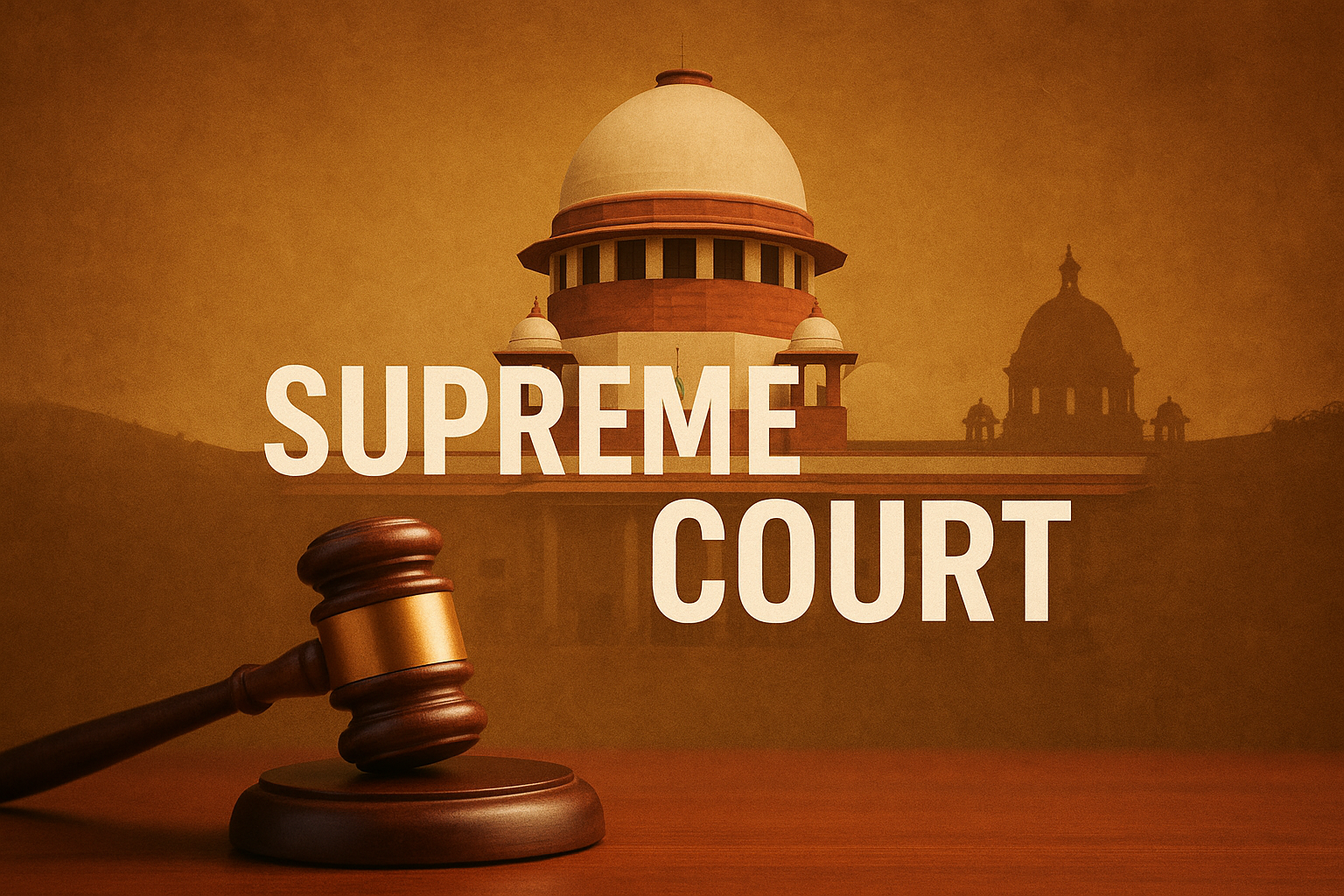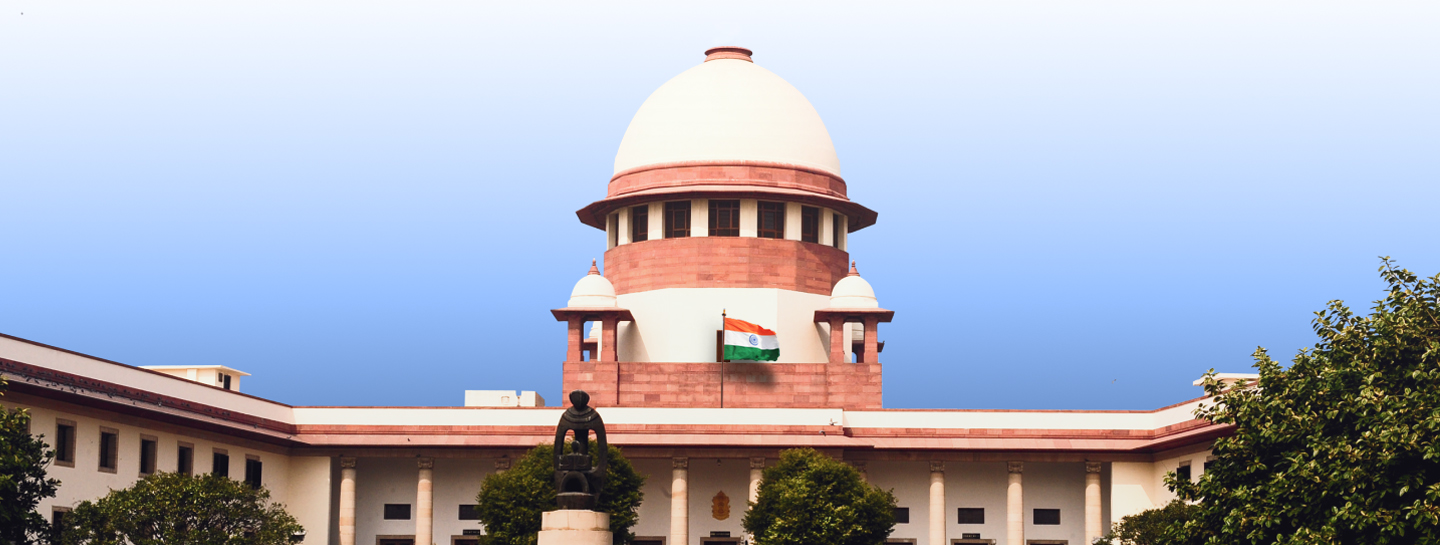The Supreme Court on Monday refused to reinstate a suicide abetment case linked to the death of seven-time MP Mohan Delkar, thereby affirming the Bombay High Court’s earlier order that quashed the FIR filed against nine individuals.
A three-judge Bench comprising Chief Justice of India BR Gavai and Justices Vinod Chandran and NV Anjaria observed that the available material was insufficient to establish abetment of suicide under Section 306 of the Indian Penal Code (IPC).
Background: The Death of Mohan Delkar
Mohan Delkar, who represented Dadra and Nagar Haveli as an independent MP in the 2019 Lok Sabha elections, was found dead in a Mumbai hotel room on February 22, 2021. A 14-page suicide note recovered from the scene alleged political harassment and pressure from the Union Territory administration.
The FIR, filed at the Marine Drive police station, invoked Sections 306 (abetment of suicide), 506 (criminal intimidation), and 389 (extortion by threat of accusation) under the IPC. The complaint named nine accused, including Praful Patel, the Administrator of Dadra and Nagar Haveli, Daman and Diu, and Lakshadweep, alleging that Delkar was systematically harassed by the administration under his watch.
The Legal Battle
The plea before the Supreme Court was filed by Abhinav Delkar, son of Mohan Delkar, challenging the Bombay High Court order that quashed the FIR. He argued that the circumstances and suicide note provided sufficient grounds for prosecution.
However, the Bench noted that mere humiliation or pressure may not constitute instigation to commit suicide. CJI Gavai remarked that even if someone is told to “go and die” and subsequently takes their life, that alone may not attract Section 306 IPC.
Court’s Observations
During earlier hearings, the Court questioned whether the evidence could reasonably establish a direct link between the alleged acts of the accused and Mohan Delkar’s death. The Bench stressed that the law requires clear proof of instigation or abetment for a conviction under Section 306 IPC.
In its final ruling, the Supreme Court upheld the Bombay High Court judgment, effectively closing the case against the nine accused.
Significance of the Ruling
The verdict highlights the judiciary’s cautious approach in dealing with suicide abetment cases involving public figures, emphasizing the need for direct evidence of instigation rather than broad allegations of harassment.
This case also reaffirms that political rivalry and administrative disputes, however intense, may not automatically translate into criminal liability under abetment provisions unless supported by strong evidence.





